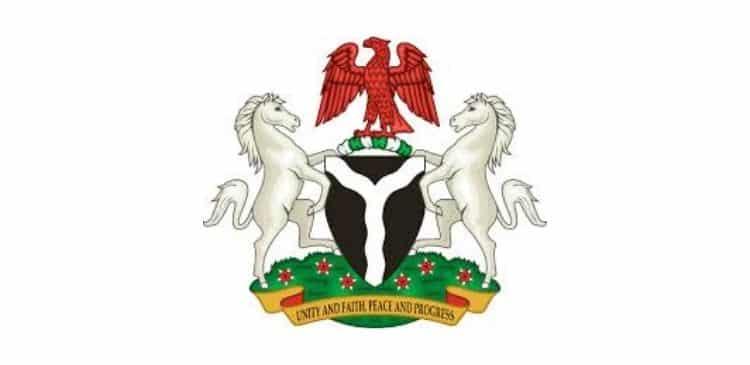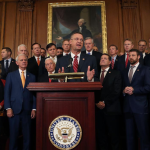Nigeria is validating its revised National Gender Policy in Agriculture, to ensure significant strategies, towards building a more inclusive and equitable food system.
Speaking at the national validation workshop in Abuja, experts explained that the validation is needed to reflect current realities and ensure operationalisation of the 2025-2030 Strategic Action Plan, that requires states to create a gender budget line in agriculture and to promote stronger public-private partnerships.
Nigeria’s journey with the National Gender Policy in Agriculture began in 2014 to address gender gaps in the Agricultural Transformation Agenda, and in 2019 the Policy was launched. Five years down the line, the need for review to incorporate emerging issues that would address challenges in Nigeria’s agrifood systems, and ensure inclusive participation and gender-responsive practices that promote equity, productivity, and a better livelihood for small holder farmers, youth, and persons with disabilities became necessary.
MUST READ: Nigeria Governors’ Forum backs Reserved Seats For Women Bill
Validators expressed confidence in the process as stakeholders’ input, and commitment toward its adoption will bring about better outcomes and performance for effective implementation.
The revised policy recognises four categories of stakeholders, men, women, youth and people living with disabilities. It is structured to give ownership to farmers and local communities.
(Editor: Terverr Tyav)








